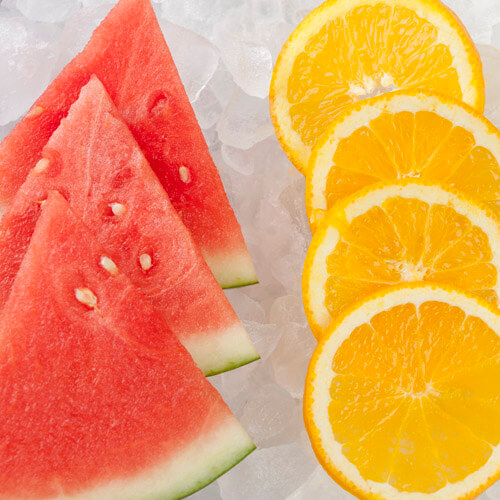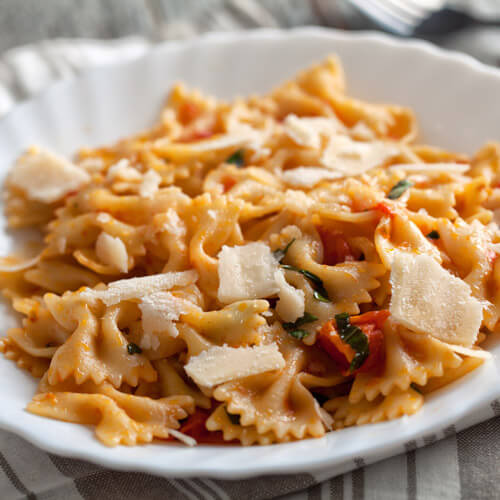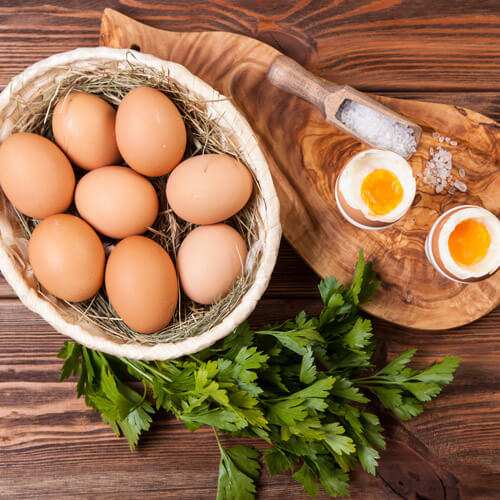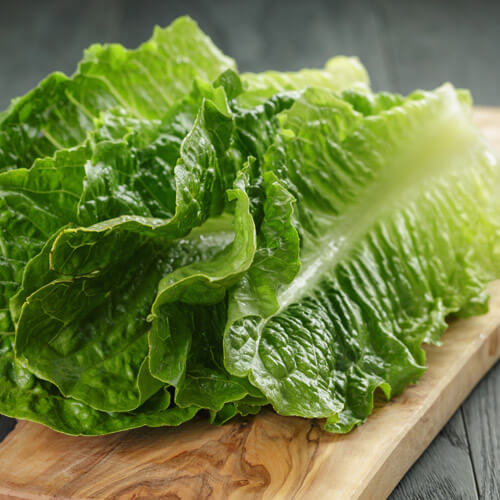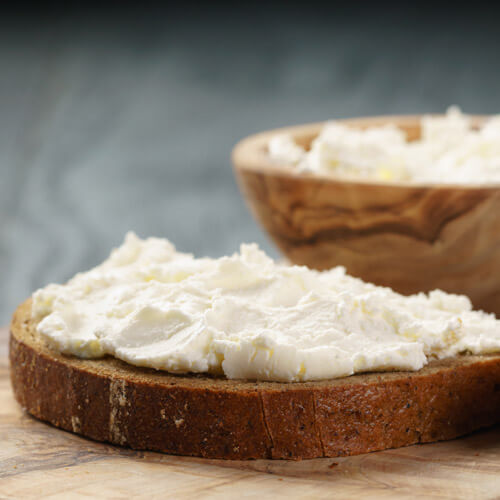
Which Popular Foods Should You Never Ever Freeze?
September 2, 2016 | Foodie Tips | No comments
For leftovers you don’t want to eat two nights in a row, meat you want to keep fresh and, perhaps most importantly of all, ice cream, your freezer is your best friend. But it’s not a friend to all of your favourite foods. Some ingredients turn mushy, icy and just plain terrible when you freeze them.
So whilst the yummy foods below probably make their way into your stomach on a regular basis, here’s why they shouldn’t make their way into your freezer.
Juicy Fruits
If you’re storing a surplus of berries or apples for cooking at a later date your freezer is ideal. But fruits with lots of water in them, like grapefruit, watermelon, and oranges, don’t work well frozen. If you’re using them in a smoothie they’ll be fine as texture won’t be an issue, but if you’re planning to eat them whole keep these fruits away from frosty temperatures.
Herbs
Garden herbs don’t freeze too well either. Whilst the flavour remains, frozen herbs will never taste as good as fresh and the leaves can go limp and brown too. If you have extra herbs in summer you can dry them instead for use over the winter, or freeze them covered in oil or butter. Ice cube trays are a great way of portioning out your herby butter mix.
Pasta & Rice
Ah good old carbs. So filling, so satisfying and so delicious freshly boiled. Sadly neither pasta nor rice will be at their best after coming out of the freezer. Pasta has a tendency to go overly soft whereas rice crumbles. For those wanting to freeze leftover risotto, lasagne, macaroni cheese and so on, cooking your carbs al dente then freezing improves the texture.
Eggs
You know what happens to eggs microwaved in their shells right? Well, a similar thing happens to raw eggs in the freezer; the shells crack as the egg expands (albeit with a less dramatic explosion). If you’re freezing raw eggs, take them out of their shells first. If you’re freezing cooked eggs think twice! Boiled eggs, omelettes and the like will come out with a rubbery texture.
Soft Dairy
Hard cheese and butter are both fine in the freezer. Cheese may go a little crumbly, but it’ll still taste amazing grated over your pasta or in your cheese and cucumber sandwiches. Soft cheeses on the other hand, like cream cheese and cottage cheese, as well as cream and yoghurt will come out of the freezer with a watery texture – not ideal.
Salad
Most salad vegetables have lots of water in them which makes them delicious and refreshing in summer salads and garnishes, but pretty terrible for freezing. Celery, cucumber, lettuce, and radishes all turn soft and mushy when frozen. Tomatoes too lose their firmness but work fine cooked so frozen tomatoes can still be incorporated into a whole host of dishes.
Freeze! 3 Top Tips for Freezing Food
- Never freeze food twice. Freezing breaks down cells making defrosted food more susceptible to bacteria. So refreezing isn’t a good idea for food’s hygiene or taste.
- Always freeze food before its use-by date. Freezing doesn’t kill bacteria, just stops it from multiplying so putting out of date food in the freezer won’t make it safe to eat.
- Freeze food in separate portion sizes. Cutting through a frozen solid shepherd’s pie, for example, is a recipe for disaster; it’s so much easier to portion it up when the potato is still soft.
Tags: Freezer Tips, Frozen Food

